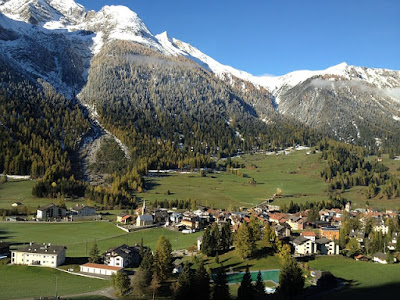LAND, SOIL, WATER, NATURAL VEGETATION AND WILDLIFE RESOURCES
NCERT Chapter Solutions and other Q & A
Q1. Which are the two main climatic factors responsible for soil formation?
Answer: Temperature and rainfall
Q2: Write any two reasons for land degradation today.
Answer:
i. deforestation,
ii. overgrazing,
iii. overuse of chemical feritilisers or pesticides,
iv. landslides and floods
v. urbanization on arable land
Q3: Why is land considered an important resource?
Answer: Land is considered as an important resource because:
i. it provides habitation to a wide variety of flora and fauna.
ii. We use it for various purposes such as agriculture, forestry, mining, building houses and roads, and setting up industries.
Q4: What type of land is sparsely populated or uninhabitated?
Answer: The land having rugged topography, steep slopes of the mountains, low-lying areas susceptible to water logging, desert areas, thick forested areas are normally sparsely populated or uninhabited.
Q5: Name any two steps that government has taken to conserve plants and animals.
Answer: Two steps taken by the government to conserve plants and animals:
i. Setting up national parks, wildlife sanctuaries and biosphere reserves to protect natural vegetation and wildlife. e.g. the Kaziranga National Park in Assam.
ii. Ban on killing or hunting of animals lions, tigers, deer, great Indian bustards and peacocks.
iii. Prohibited trade of the species of plants and animals protected under the international agreement CITES.






